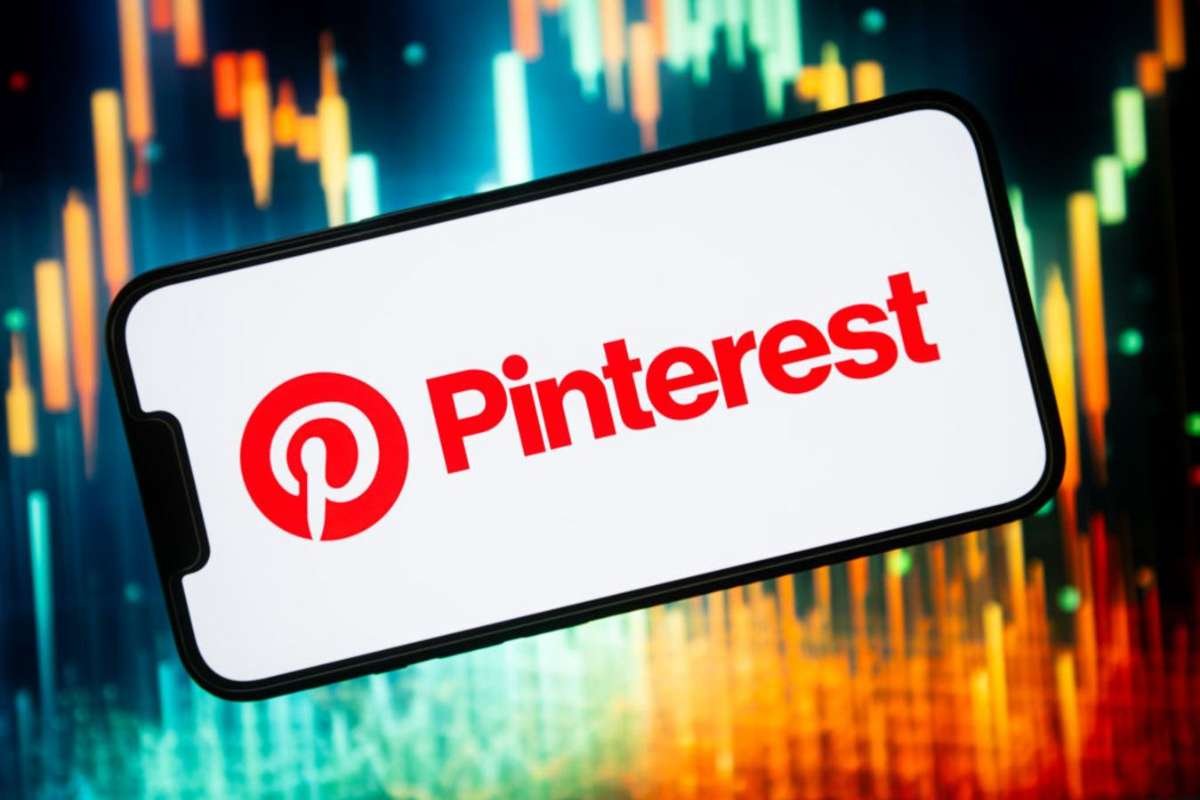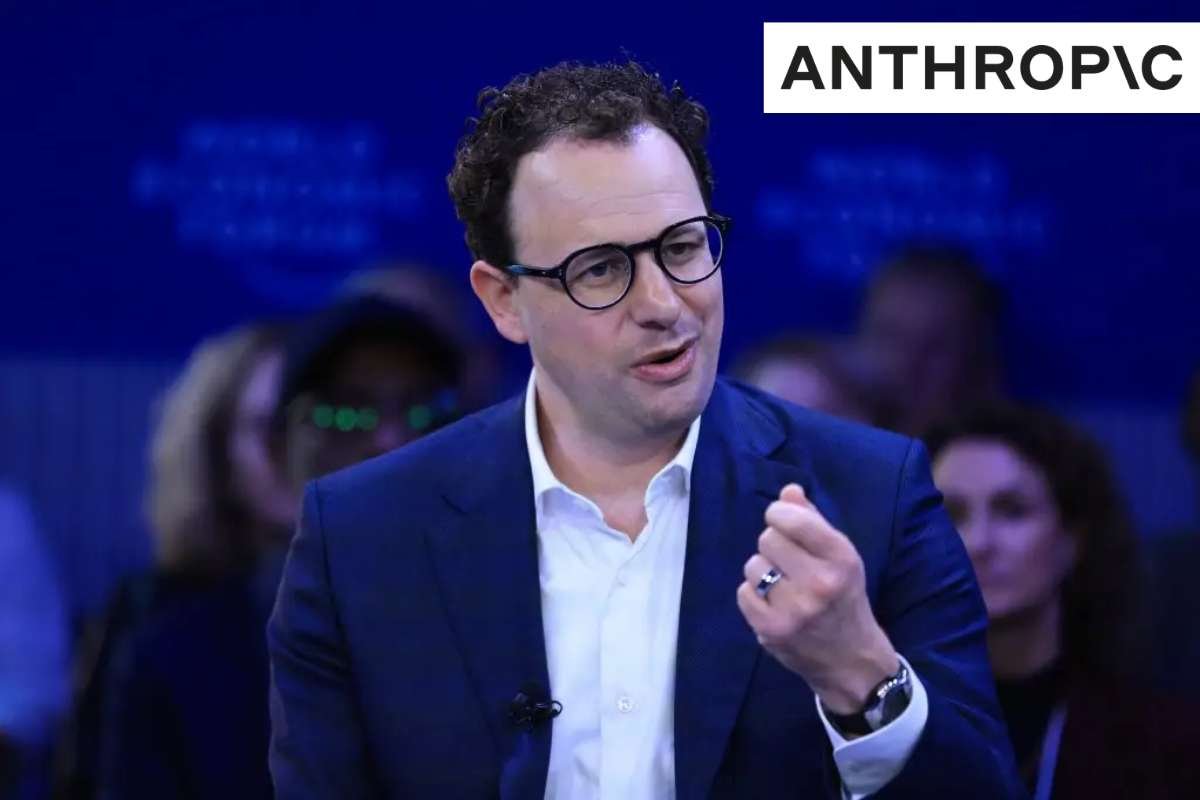Google is taking another swing at smart glasses, this time with a fashion-forward twist. On Tuesday, the tech giant unveiled partnerships with three eyewear powerhouses, Kering Eyewear, Warby Parker, and South Korea’s Gentle Monster, in a move to merge cutting-edge technology with style. These collaborations aim to create sleek, AI-powered smart glasses based on Google’s Android extended reality operating system, enabling hands-free interaction with its Gemini AI assistant. With plans to offer both prescription and non-prescription lenses, the product is set to debut post-2025.
The push comes amid fierce competition in the smart eyewear space. Meta’s Ray-Ban smart glasses have already sold over two million units since launching in 2023, while Apple, Amazon, and Snapchat continue to explore wearable tech. Google’s infamous first attempt, the Google Glass in 2013, failed due to design flaws, privacy concerns, and a steep $1,500 price tag. But the market has evolved, and experts believe the timing may now be right. “We’re far more ready now for a new wave of wearable technology,” says Matthew Drinkwater of the London College of Fashion.
If successful, Google’s glasses could blend the high-tech capabilities of Apple’s Vision Pro with the everyday wearability of Meta’s Ray-Bans. However, much depends on getting the balance right, combining meaningful functionality, aesthetic appeal, and affordability.
Technology, Functionality, and Price: The Road to Consumer Acceptance
With AR and AI at its core, Google smart glasses could offer features like real-time assistance, contextual alerts, and even wardrobe styling tips. According to Drinkwater, innovations in miniaturisation and computer vision will accelerate as companies compete to create the most user-friendly and stylish wearable.
Yet challenges remain. Meta’s glasses, while popular, face criticism over short battery life and limited camera features. Apple’s Vision Pro, though powerful, is priced far beyond average consumers. Yang Wei, a wearable tech expert from Nottingham Trent University, notes that practicality and affordability will be crucial for Google. “If Chanel sunglasses are £700, why would I spend over a thousand on smart glasses?” he asks.
Functionality must also align with everyday needs. Consumers are more likely to embrace features like day planners, message summaries, or calendar updates than advanced spatial computing. If priced appropriately and built for simplicity, Google’s glasses may appeal to a broader base than Apple’s more immersive and expensive device.
Fashion as the Differentiator in the Smart Glasses Race
In this renewed race for google smart glasses dominance, fashion could be the true game-changer. By aligning with design-savvy eyewear brands, Google is not only enhancing product aesthetics but tapping into a wide consumer spectrum. Warby Parker adds sleek, wearable designs for the American market; Gentle Monster brings avant-garde flair for Asian consumers; and Kering Eyewear offers luxury appeal through brands like Gucci and Saint Laurent.
Charles Du Manoir, founder of Desygn Capital, believes these partnerships are “tactically astute,” giving Google global reach and cultural relevance. The recent collaboration between Meta and Coperni during Paris Fashion Week highlighted how fashion can help normalise wearable tech. Similarly, Warby Parker’s stock surged 18% after announcing its partnership with Google, underscoring the market’s confidence in design-led innovation.
Ultimately, success in the google smart glasses arena will depend not only on tech performance but also on cultural adoption. “Can you create something that people don’t just use, but identify with?” asks Drinkwater. If Google manages to make smart glasses both essential and stylish, this second attempt might just succeed, with fashion playing a starring role.


















